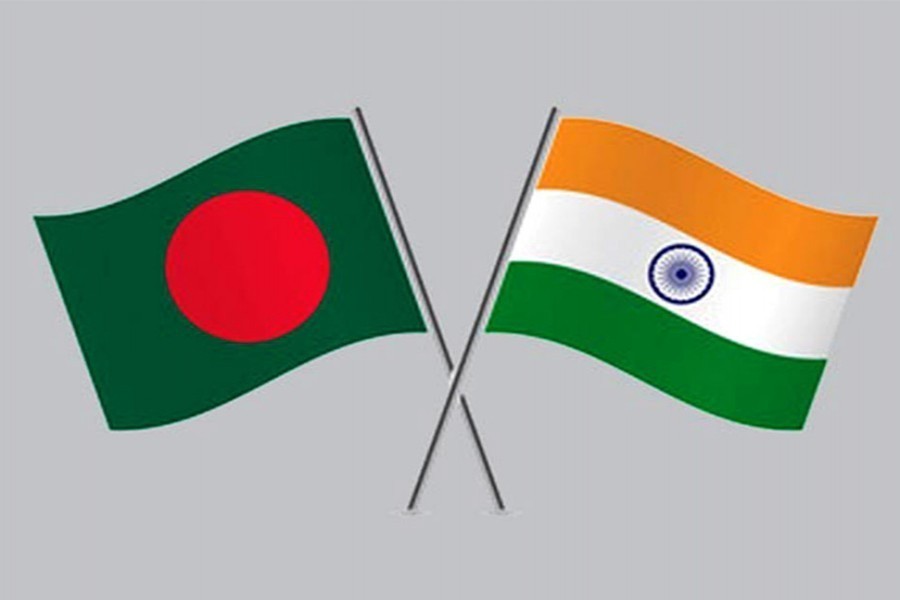Bangladesh has requested India to start negotiations on materialising the much-talked-about Comprehensive Economic Partnership Agreement (CEPA) soon, as instructed by the premiers of the two neighbouring countries early this month.
The ministry of commerce (MoC) of Bangladesh recently wrote to its Indian counterpart to commence the negotiation soon, officials said here.
"We've started internal procedures to start the negotiations," a senior commerce ministry official told the FE on Wednesday.
Commerce secretary Tapan Kanti Ghosh said the ministry will hold a number of meetings next month to draw plans on going forward with the CEPA.
He said that apart from holding inter-ministerial meetings, the MoC will also hold talks with the trade bodies in this regard.
Mr Ghosh said the prime ministers of the two countries in their joint statement in the first week of September in New Delhi asked officials concerned for starting the negotiations, but Dhaka is yet to receive any note from New Delhi.
Another senior commerce ministry official said the two sides will now have to form negotiation teams, alongside the formation of advisory bodies and sector-wise sub-committees comprising officials and experts.
"This is a very big deal. Bangladesh never handled such a deal in the past," said the official.
The CEPA is considered an advanced level of the free trade agreement (FTA) that India signed with a number of trading partners including South Korea and UAE while discussing the same with a number of countries.
Bangladesh has not signed any bilateral free trade agreement (FTA) so far though it is a member of a number of multilateral FTA deals.
The two countries first discussed the possibility of signing a CEPA deal in 2018 at the commerce secretary-level meeting for increasing bilateral trade and strengthening overall cooperation.
In the same year, the trade ministers had agreed to conduct a joint feasibility study on signing the CEPA.
The Centre for Regional Trade of India and Bangladesh Foreign Trade Institute (BFTI) later jointly conducted the feasibility study and submitted it to the MoC.
After reviewing the joint study report, the MoC opined that the CEPA deal can be signed with India to retain the facilities that Bangladesh enjoys under the South Asian Free Trade Area (SAFTA) deal in the post-graduation era too.
As a least developed country (LDC), all but 25 tobacco and alcohol products of Bangladesh are entitled to duty-and quota-free (DFQF) market access to India.
Bangladesh will lose the DFQF facilities in India after 2026 when it graduates to developing country status.
Dr. Khondaker Golam Moazzem, research director at the Centre for Policy Dialogue (CPD), earlier told the FE that India in the past negotiated a number of trade and investment deals and a number of those are currently in the process of negotiations.
"…it is important to review the documents related to those negotiations to understand its (India's) priorities, offensive and defensive interests, institutions working on negotiations, and institutional measures undertaken to implement such agreements," he said.
He suggested the formation of a highly competent technical team within the MoC where experts from different sectors need to be involved on a long-term basis to negotiate the comprehensive deal.


